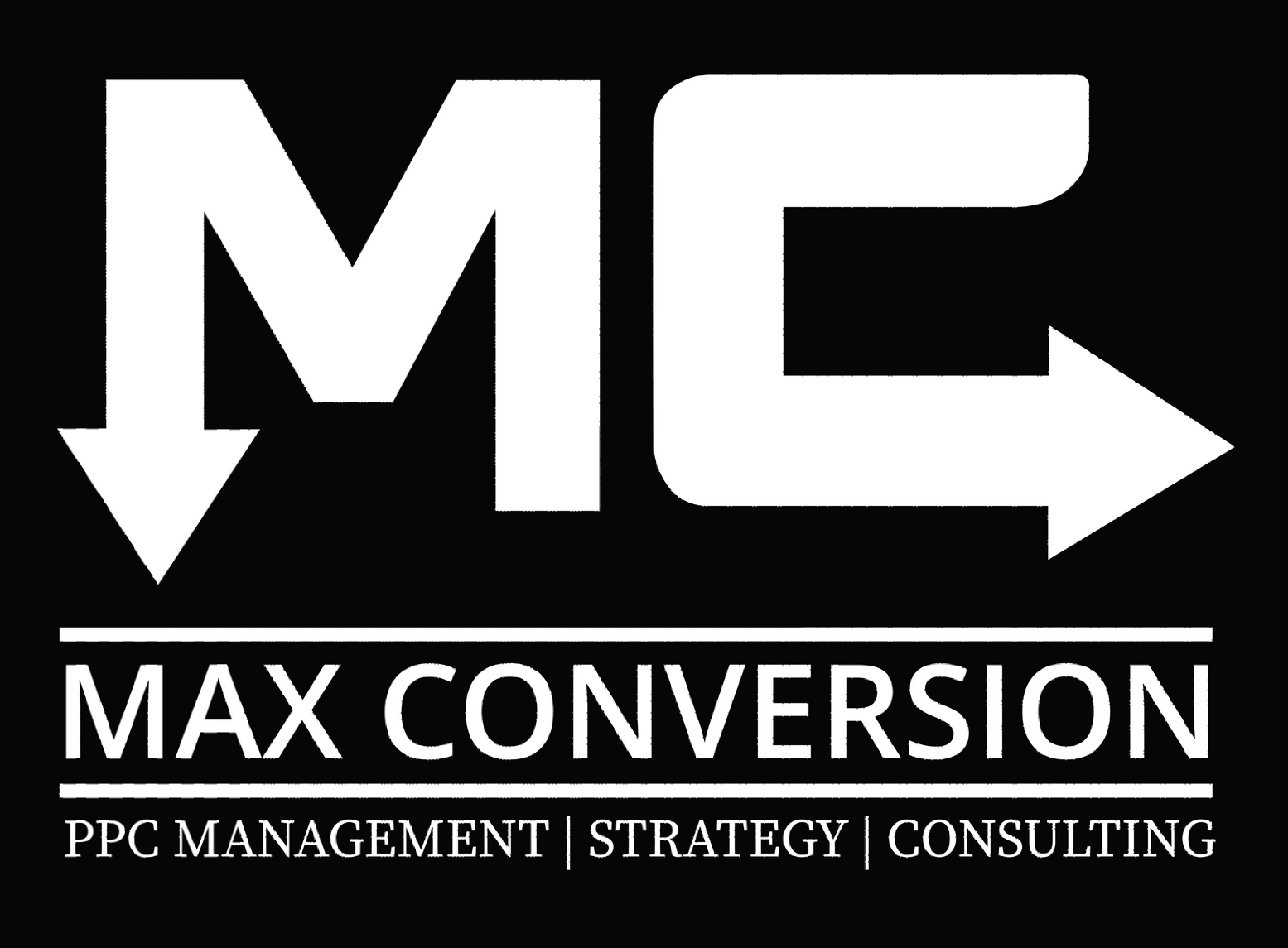Looking to get consistent leads from Google Ads for your local contracting business? This episode of the Max Conversion podcast explains how we use the same campaign structure, keyword strategy and ad extension tactics to get quality leads for concrete companies - and how you can replicate the same system.
Whether you offer stamped concrete, sidewalk replacement, or custom fireplaces, this guide will show you how to build an optimized Google Ads campaign that delivers ROI without wasting ad spend.
Table of Contents
- Why Campaign Structure Matters in Google Ads for Contractors
- Keyword Strategy: Exact Match Wins
- Use Negative Keywords to Cut Wasted Spend
- Optimize with Ad Extensions for Maximum Visibility
- Promotion & Landing Page Strategy
- Conversion Tracking & Bidding Strategy
- Ongoing Optimization Tips
- Final Takeaways: Set Up for Success
Why Campaign Structure Matters in Google Ads for Contractors
For service businesses such as concrete or hardscape contractors, campaign organization can make or break performance. Separate ad groups for each service (e.g., sidewalks, custom fireplaces, foundations) deliver better keyword relevancy and higher quality scores - more conversions at a lower cost per lead.
"The keywords we're using in each ad group are going to bring leads," he said. You have to be very particular, especially when services overlap like 'fireplaces' or 'foundations'. "
How to Structure Your Google Ads Campaign:
- Create separate ad groups for each service you offer.
- Use exact match keywords in each ad group.
- Write different ad copy for each group based on the intent of the keywords.
This structure keeps your account clean - and makes sure your ad copy matches what the user is searching for - increasing click-through rates and decreasing costs.
Keyword Strategy: Exact Match Wins
The most important optimization discussed in the episode is switching all keywords to exact match. Broad match keywords waste money by triggering ads for irrelevant searches, especially in local service niches where phrasing can easily be misunderstood.
How to refine your keyword strategy:
What Keywords To Use For Exact Match:
- "sidewalk replacement St Louis."
- "concrete sidewalk contractor STL."
- "outdoor fireplace builders"
- "custom concrete fireplace company"
- "commercial stamped concrete patio"
Avoid keywords that confuse Google, such as "foundation contractor," unless you're writing about new concrete foundations and not repairs.
Use Negative Keywords to Cut Wasted Spend
Negative keywords are needed to filter out bad traffic. In the episode we covered many terms that should be excluded to increase ad relevance and reduce cost per lead.
Recommend Negative Keywords:
- Research-related terms: "how to," "DIY," "free," "cheap," "reviews"
- Job-related terms: "hiring," "resume," "careers"
- Services that are irrelevant: "repair," "leveling" "painting"
- In broad or ambiguous terms: "affordable," "small jobs," "ready mix"
"We found that excluding 18-24-year-olds in the demographic settings alone can save hundreds in wasted spend," he said. That audience almost never converts. "
Optimize with Ad Extensions for Maximum Visibility
Ad extensions make your ad bigger and more clickable and more credible.
Must Have Ad Extensions:
- Sitelinks (e.g., "Stamped Concrete Services," "Free Estimate," "Contact Us"):
- Callout Extensions (e.g. "Satisfaction Guaranteed," "Licensed 1and1 Insured," "Same Day Availability")
- Structured Snippets (list of concrete services), for example.
- Call Extensions (Click-to-call from mobile).
- Location Extensions (linked to your verified Google Business Profile)
Including these will increase your click-through rate and provide more conversion paths for users.
Promotion & Landing Page Strategy
One big lever that most contractors miss: running a special promotion. This creates urgency and increases the number of clicks to leads.
Examples of simple offers include:
- "$100 off projects over $3,000."
- "Free on-site estimate for new customers"
- "Book this month and get a free upgrade."
And don't just send clicks to your homepage.
Why You Need Dedicated Landing Pages:
Generic sites don't convert nearly as well as service-specific landing pages. Your ads should lead users to a clean, mobile-optimized page for one service with a call-to-action and trust-building elements like reviews, licenses, and service guarantees.
Conversion Tracking & Bidding Strategy
Without tracking, you fly blind. Setting up Google Ads conversion tracking before launch means you can measure ROI, optimize bids, and scale intelligently.
When to Switch to Target CPA:
Once your campaign reaches 15-20 conversions in 30 days, switch to Target CPA bidding. This tells Google to focus on conversions instead of clicks, and the cost efficiency will improve as the algorithm learns what works.
"If you're not tracking conversions, Google knows not what success looks like - so you never get optimized results."
Ongoing Optimization Tips
Review the search term report every week after launch. This shows you exactly what users typed into Google before they clicked your ad. Now add poor-performing or irrelevant terms to your negative keywords.
Monitor: Also:
- CTR (Click-Through Rate)
- Price per Conversion.
- Impression Share (especially in local areas)
Check landing page speed, keyword relevancy, and budget allocation across ad groups if performance drops.
Final Takeaways: Set Up for Success
This episode showed you exactly how to launch a performance-focused Google Ads campaign for a concrete or hardscaping business. From keyword targeting to ad extensions, landing pages to conversion tracking - every piece helps reduce cost per lead and increase ROI.
Remember this:
- For precision, group ad groups by service.
- Use exact match keywords and add strong negative keywords.
- Create service-specific landing pages - not your homepage.
- Track conversions and then switch to Target CPA when ready.
- Use ad extensions and special offers to stand out.
Want to learn how to improve your Google Ads performance? Book a Free Strategy Call with Max Conversion.
